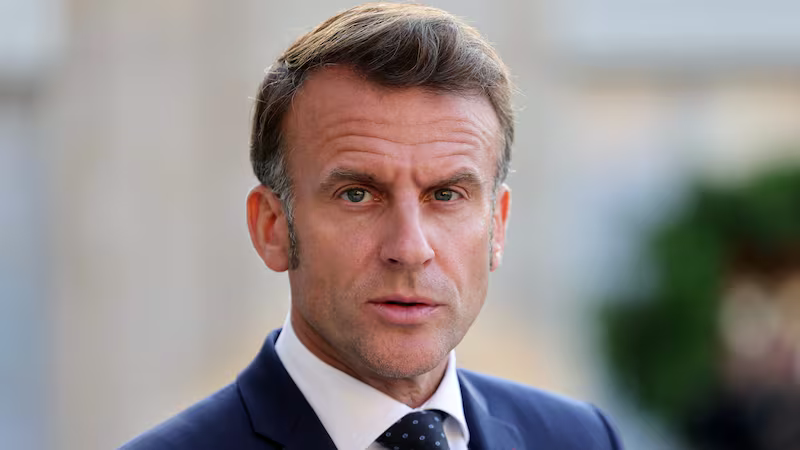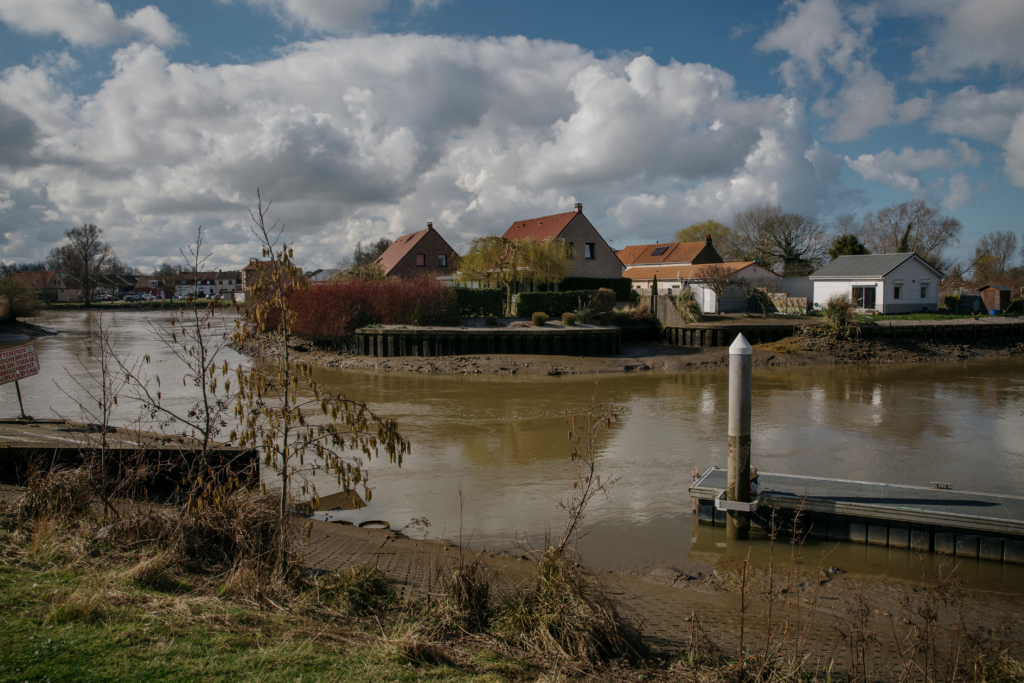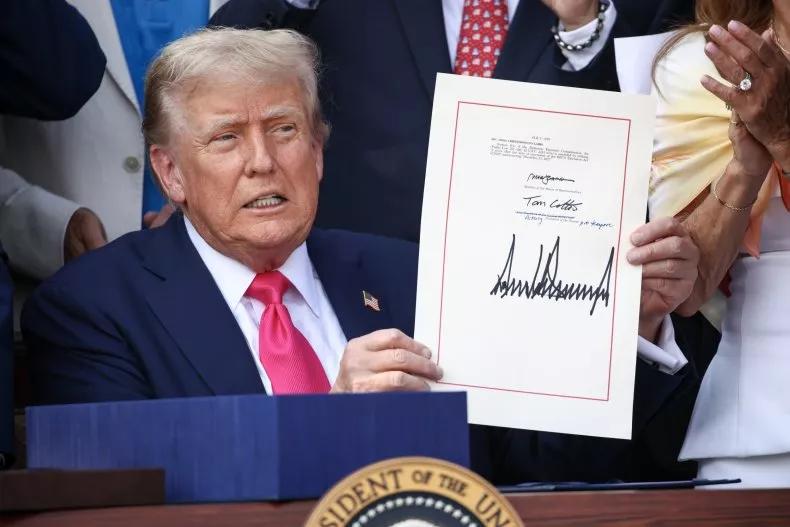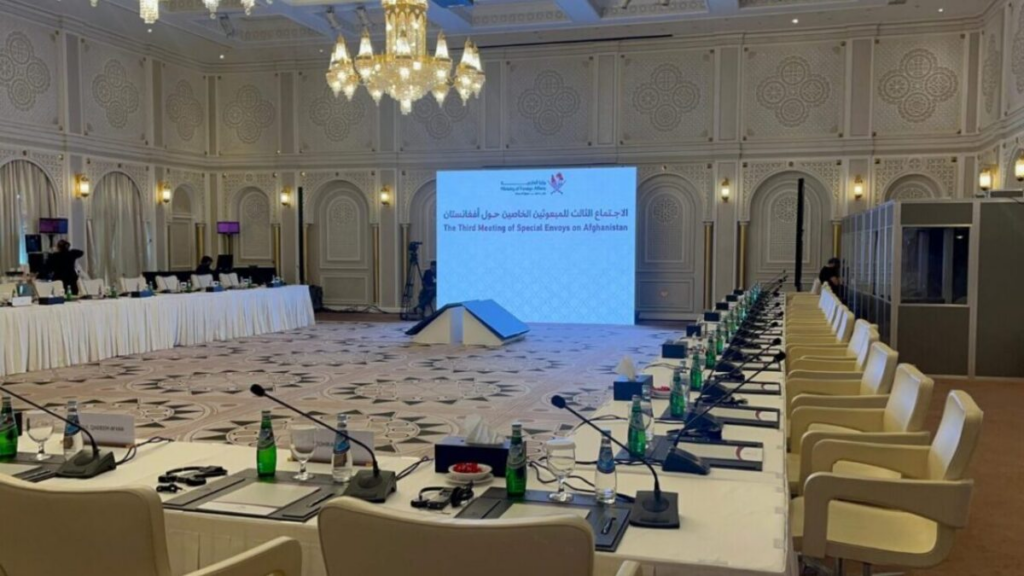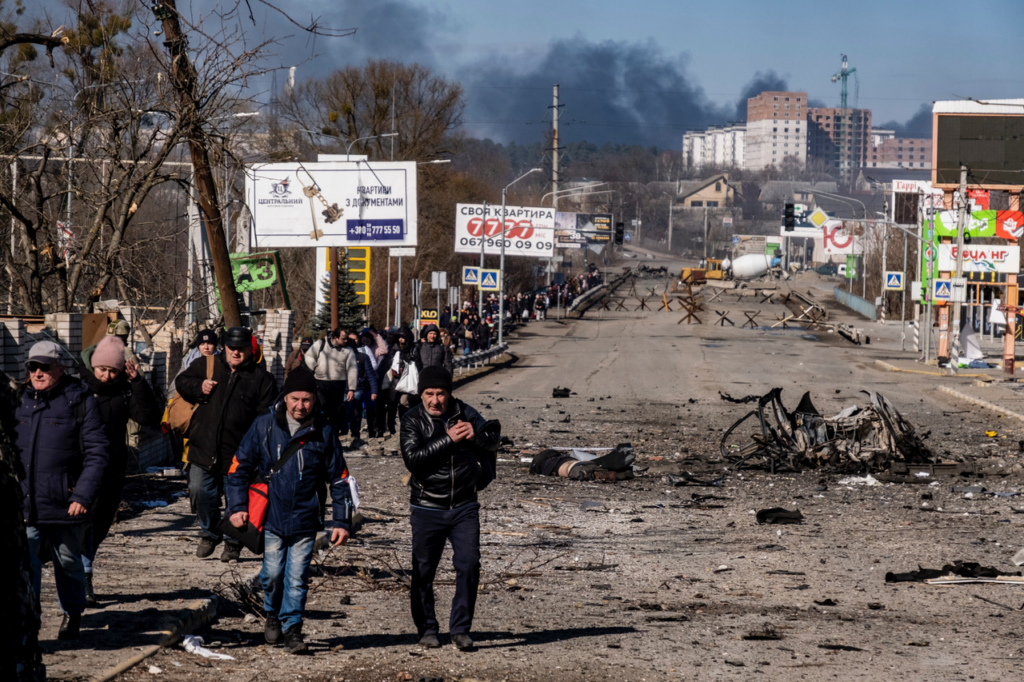Illness and Endless Wars
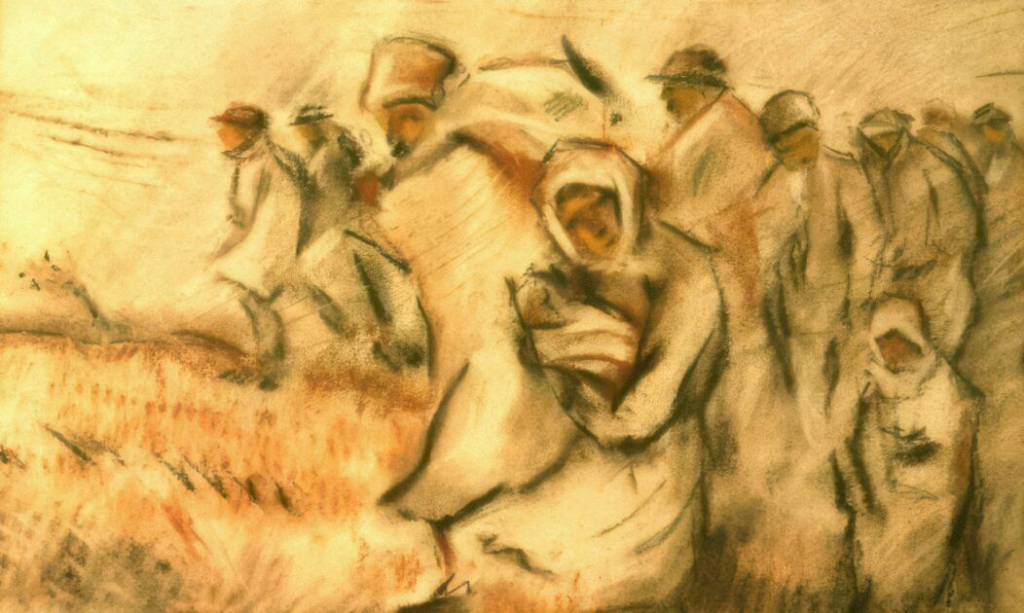
War kills in so many ways. These days, Americans are bombarded with images from Gaza and elsewhere of people or broken bodies being ferried on stretchers from the rubble of homes and hospitals, by rescue workers whose thin bodies and stricken faces suggest they are barely better off than those they’re helping. Social media and journalists make us eyewitnesses to emaciated children too weak to cry. And yet, compared with air raids that crush and bloody instantaneously, a slower disaster, more difficult to capture (especially given our made-for-TikTok attention spans), consists of the hours that many people in war zones spend wasting away from infectious diseases of one sort or another.

